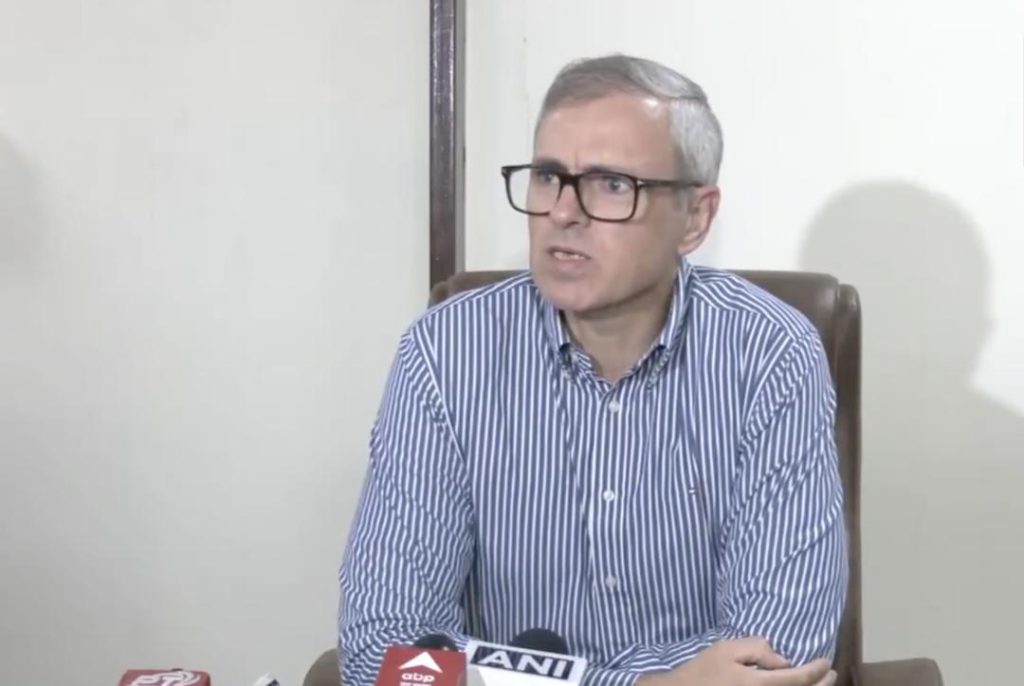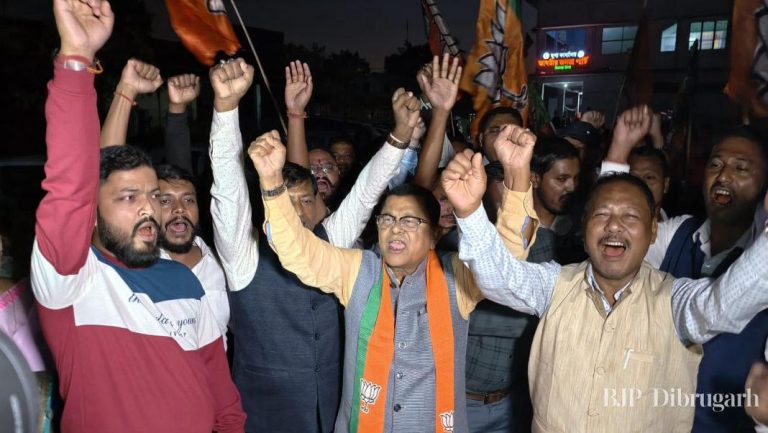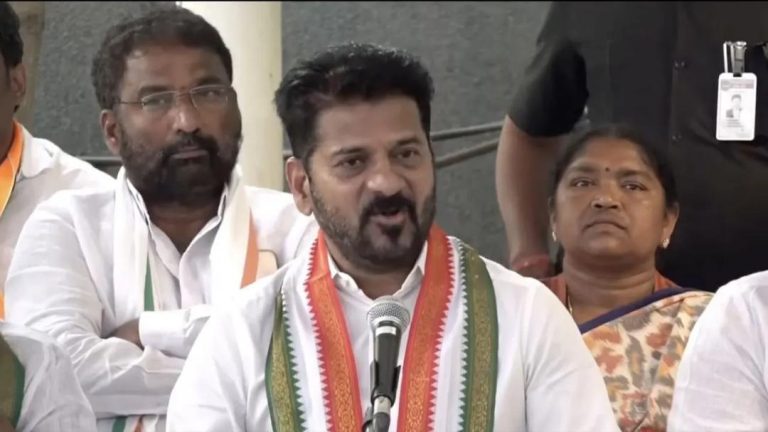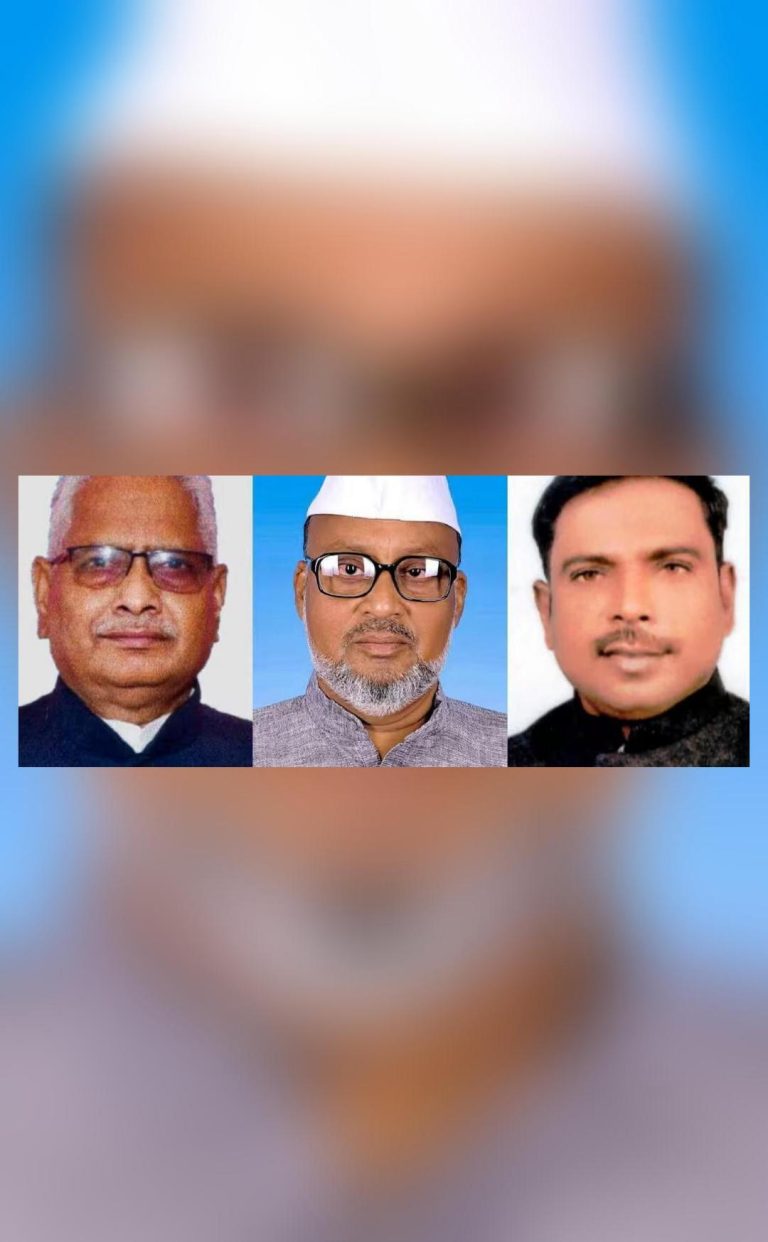
Title: Why should I send water to Punjab?: J&K CM on canal proposal
The Jammu and Kashmir Chief Minister, Omar Abdullah, has raised concerns over the proposed 113 km-long canal that aims to redirect surplus water from three western rivers of the Indus system in J&K to Punjab, Haryana, and Rajasthan. In a recent statement, Omar questioned the need to divert water from Jammu and Kashmir to other states, citing the state’s own water requirements and the historical imbalance in water distribution.
According to Omar, Punjab already has a guaranteed share of water under the Indus Waters Treaty, which was signed in 1960. He argued that it was unfair to expect Jammu and Kashmir to sacrifice its own water resources to benefit Punjab and other neighboring states. “Why should I send water to Punjab?” Omar asked. “Punjab already had water under the Indus Waters Treaty. Did they give us water when we needed it?”
Omar’s statement has sparked a heated debate on the canal proposal, with many experts and politicians weighing in on the issue. Proponents of the canal argue that it would help alleviate the water scarcity faced by Punjab and other states, while opponents claim that it would exacerbate the water crisis in Jammu and Kashmir and undermine the state’s economic development.
But what is the background to this controversy? The proposal to build the canal is part of a larger plan to develop the western rivers of the Indus system, which include the Chenab, Jhelum, and Ravi rivers. These rivers are the lifeblood of Jammu and Kashmir, supporting agriculture, industry, and drinking water supplies for millions of people.
However, the Indus Waters Treaty has long been criticized for its unfair distribution of water resources. Under the treaty, Pakistan has a guaranteed share of 20% of the Indus waters, while India has a share of 80%. Jammu and Kashmir, which is disputed between India and Pakistan, is entitled to a share of the waters, but this share is not clearly defined.
The proposed canal would divert water from the western rivers to Punjab, Haryana, and Rajasthan, which are facing severe water scarcity due to the increasing demands of agriculture, industry, and a growing population. While the canal would provide relief to these states, it would also deprive Jammu and Kashmir of its rightful share of water.
Omar’s concerns about the canal proposal are not unfounded. Jammu and Kashmir is already facing a severe water crisis, with many areas experiencing drought-like conditions. The state’s water resources are being over-extracted, and the glaciers that feed the western rivers are melting at an alarming rate due to climate change.
Moreover, the canal proposal is seen as a threat to Jammu and Kashmir’s sovereignty and autonomy. The state has its own water resources, and any decision to divert water to other states should be taken in consultation with the state government and its people.
In conclusion, Omar Abdullah’s statement on the canal proposal highlights the need for a more nuanced and equitable approach to water distribution in India. The Indus Waters Treaty is outdated and needs to be reviewed to ensure that all parties, including Jammu and Kashmir, receive their rightful share of water resources.
The proposed canal is a contentious issue that requires careful consideration and consultation with all stakeholders. While it may provide relief to states facing water scarcity, it would also have significant implications for Jammu and Kashmir’s economic development and sovereignty.
Ultimately, any decision on the canal proposal should be based on the principles of equity, fairness, and sustainability. Jammu and Kashmir, like other states in India, has the right to its own water resources and should not be expected to sacrifice its interests for the benefit of other states.
Sources:






